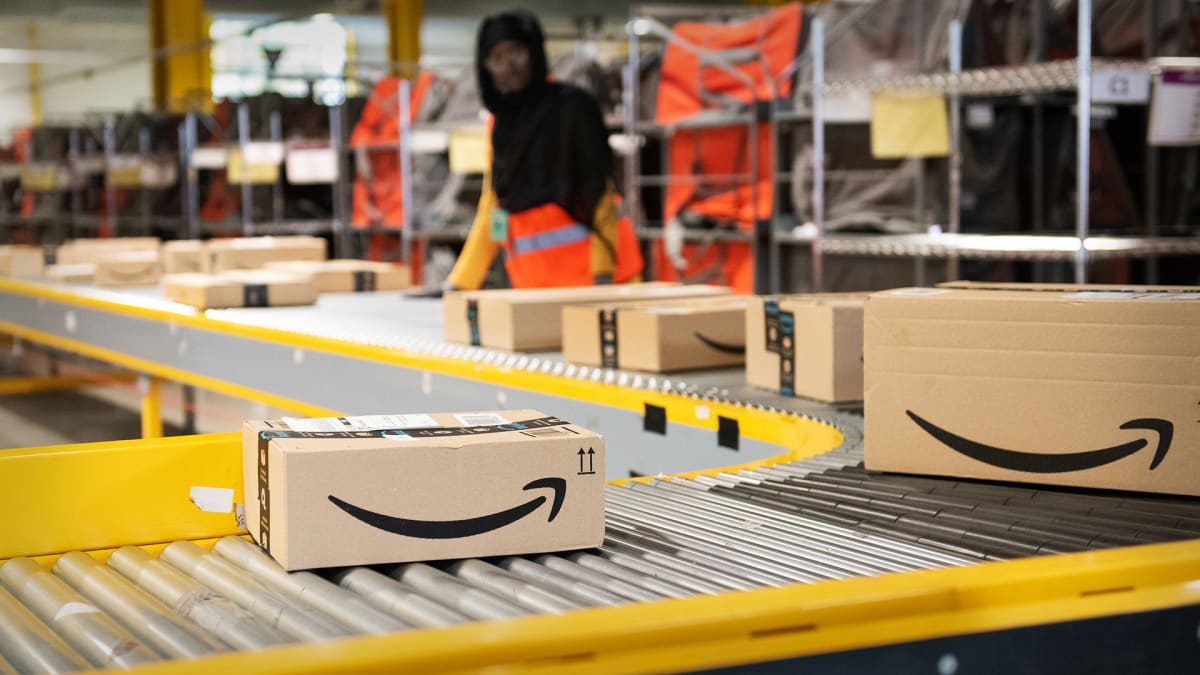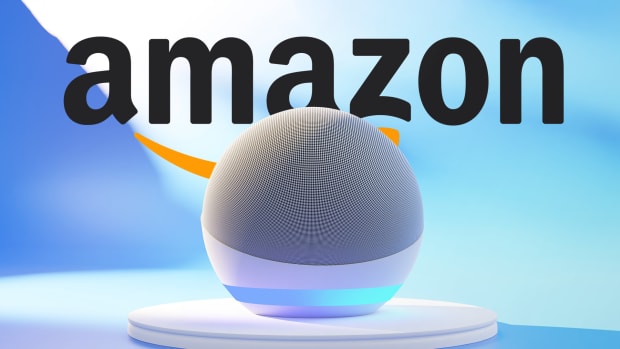
While it seems like the internet is everywhere, that's not actually the case. Most people don't realize the limits of internet connectivity because, between their cellular network connections and WiFi, any break in coverage seems like an aberration.
In reality, the internet itself doesn't operate in a lot of places. That's a major impediment to the so-called internet of things (IoT) the name given to the devices and objects that "are embedded with sensors, software, and other technologies for the purpose of connecting and exchanging data with other devices and systems over the internet," according to Oracle's definition.
DON'T MISS: Leaked Documents Show Amazon Made an Enormous Mistake
The IoT has lots of splashy implications like medical devices that can self-diagnose upcoming maintenance needs in order to make a service appointment before going down. It also has a lot of uses that are less visible that only work if the device happens to be in a place that offers internet connectivity.
Think of things like traffic lights, smart locks, weather sensors, flood warning devices, and countless other IoT devices. They can provide useful, even crucial services but that can only happen if there's an internet connection for those devices to log onto.

Amazon Has a Surprising IoT Solution
Internet providers like Comcast (CMCSA) and Charter Communications (CHTR) have very little incentive to offer the low-bandwidth internet connections needed to make IoT devices work. Nobody is paying for those connections and neither internet service provider (ISP) has much use for those types of devices since they already offer WiFi networks piggybacked off their customers.
Amazon, however, makes devices and benefits from collecting all sorts of data. It could benefit from the IoT, even if the company's not fully sure how at the moment. That's at least partly why the company has built "Amazon Sidewalk, a secure, low-bandwidth, long-range network designed to connect the next billion devices," according to a press release.
Sidewalk offers coverage to 90% of the United States population and the company has made free test kits available for developers "to validate the breadth of Sidewalk coverage for themselves as they build Sidewalk devices," the company shared.
“Many types of connected devices have been limited by the range of Wi-Fi and the cost of cellular technology, which has hindered the ability to connect devices like environmental sensors, leak detectors, and smart locks. Sidewalk is designed to provide a secure, low-cost way to invent and connect a whole new range of devices, and we can’t wait to see what developers build,” said Amazon Devices Senior Vice President Dave Limp.
Amazon Sidewalk offers "a secure, persistent, and low-cost connection to the cloud," the company added.
Microsoft May Be the Big Winner Here
Microsoft (MSFT) CEO Satya Nadella has long been a believer in the IoT. That's something he has actually been talking about since 2014 as the CEO believes that Windows 10 for IoT will ultimately power billions of connected devices.
"Windows 10 is a very important step for us. It's the first step in a new generation of Windows as opposed to just another release after Windows 8. General purpose computing is going to run on 200 plus billion sensors. We've architected Windows where it can run on everything," Nadella said during the 2014 Gartner Symposium ITxpo.
Basically, Microsoft offers a stripped-down version of its Windows operating system specifically designed for the IoT. Amazon Sidewalk, in theory, accelerates the demand for those devices by offering connectivity in places that never had it.
"The Internet of Things endpoints will need an operating system that's manageable and secure. I feel Windows will be a fantastic operating system to run on the edge," Nadella added.
Amazon, of course, isn't building Sidewalk for Microsoft, it's an Amazon Web Services (AWS) growth play) but there's no reason developers can't piggyback on both companies' efforts.
"AWS supports everything you need to build and run Windows applications including Active Directory, .NET, Microsoft SQL Server, Windows desktop-as-a-service, and all supported versions of Windows Server," Amazon shared on the AWS website.







